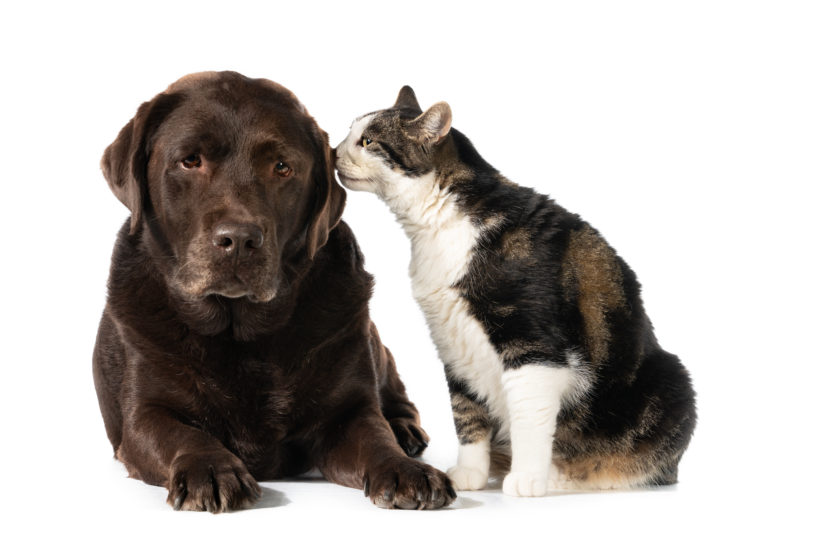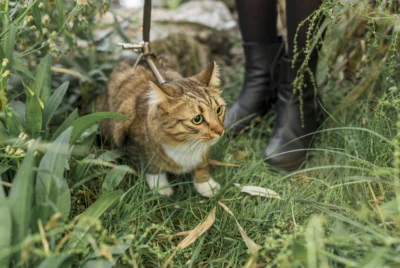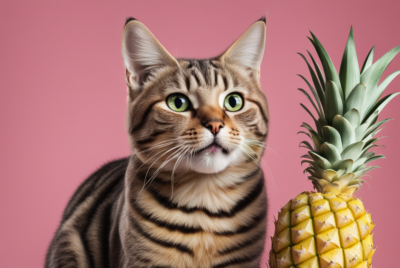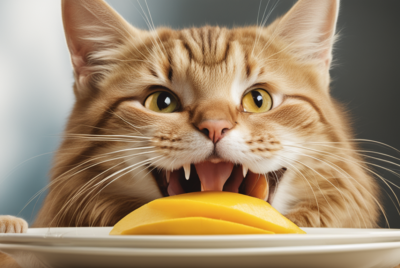Why Cats Are Better Than Dog (For Certain Lifestyles)
While cats and dogs make wonderful pets, cats offer certain advantages that can make them a better fit depending on an individual’s unique circumstances and priorities. This article will explore some key reasons why cats may be the better companion than dog for different lifestyles and situations.
Those who prefer dogs highlight how their canine pals provide unending energy and loyalty. Dog lovers enjoy the walks and runs as much as their pets do.
At the same time, many cat owners value cats’ spirited independence and relaxing presence. Like dogs, cats certainly offer affection and friendship to their humans. However, cats also carry beneficial qualities that suit them especially well for some owners’ needs.
Hence, if you think of the reasons why cats are better than dogs, it would largely depend on each person’s unique circumstances and preference.
Low-Maintenance Lifestyle
Cats are known for being very independent pets. Unlike dogs, cats don’t need constant attention and are happy on their own for several hours. This makes them a good fit for people with busy schedules. Whether you work long days or travel a lot, cats can care for themselves.
They are also clean animals and use the litter box without needing walks like dogs, making cats low-effort pets.
Another perk of cats is they don’t get separation anxiety like some dogs do. Cats are content staying home alone without causing trouble. Dog owners must worry about dogs barking, chewing, or making messes when left too long.
But cats will just sleep until their owners return without any issues. They make great pets for people who leave for work everyday or who travel a lot. This may not be possible for those who love dogs.
Their independence means they fit easily into most modern lifestyles. Most busy people prefer cats over dogs because cats do not demand too much effort in terms of caring for them.

Cost-Effective Companionship
Pets can be pricey over their lifetimes with costs like food, toys, litter supplies, and vet bills. Cats tend to be cheaper companions than dogs. Cat food and litter are very affordable compared to dog food. Cat adoption fees are also usually lower than shelters charge for dogs.
Smaller breeds of cats also don’t eat as much as large dog breeds. Their dainty size keeps monthly food costs low.
Vet checkups and medication treatments also tend to be lower fees for felines versus dogs. The initial adoption and ongoing costs make cats superb budget-friendly pets for those watching expenses.
Simply put, cats make better pets for people who do not have a lot of extra money to spare because cats cost a lot less than dogs in maintenance.
Also read: How Much Wet Food to Feed A Cat? A Feeding Guide
Health Benefits of Feline Friends
Having a cat has many scientifically proven health advantages. Studies show cats can reduce stress levels in their owners by lowering the stress hormone cortisol. When stressed, petting or cuddling cats has been shown to immediately soothe and relax the nervous system. Their gentle purrs are also believed to calm blood pressure and muscles.
Welcoming a cat into your home may also benefit heart health over the long run. Research links cat ownership to decreased risk of heart attack and cardiovascular disease. Simple interactions with cats may lower bad cholesterol and triglyceride levels over time. Our furry feline friends aid our mental and physical health in natural, quantifiable ways.
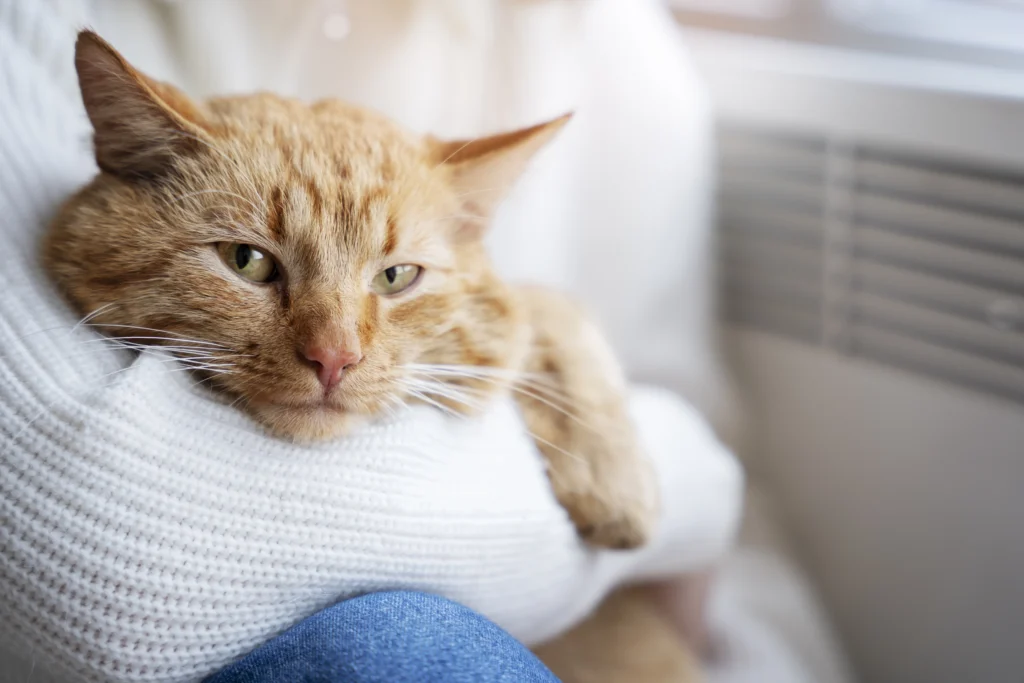
Perfect for Smaller Spaces
While large dog breeds need room to run and play outdoors, cats are happy living indoors. Their adaptable nature means they are comfortable in any home with four walls, whether apartments or houses. Cats don’t feel cooped up without access to yards.
This makes cats a great choice for apartment or condo dwellers who don’t have large private outdoor spaces. Even studio apartments are suitable for feline families. Cats enjoy curling up inside no matter the square footage. They never seem bothered staying indoors, staying content without wide open areas. This benefits folks in urban areas where outdoor room is scarce.
Cleanliness Counts
Cats are known for being very clean animals. Unlike dogs that track in dirt, cats love spending time grooming themselves. They will spend hours daily licking their fur to keep it nice and tidy. This helps cats stay clean naturally without needing baths. While their litter box still needs cleaning, it’s not a big job compared to other pets. Scooping it each day means cats stay clean without making extra messes around the house.
Cleaning up after cats is easy since they do most of the work. All cat owners must do is wipe down surfaces if their cat sheds. But there still isn’t loose hair everywhere, like in some dog breeds. Cats pride themselves on being neat, making them low-maintenance pets to live with.
Pest Control Prowess
As natural hunters, cats still have the instinct to stalk small prey. This lets them be helpful around the home by catching pests. With their excellent hearing and eyesight, cats can stealthily find mice, rats or bugs that try to get inside at night. Homeowners don’t need to use traps or lay poison that can be dangerous for pets and kids. Cats take care of unwanted visitors in an environmentally friendly way.
Some cats even leave “gifts” of caught and dead animals outside as presents. This ensures the pest is disposed of properly without remaining in the home. Their predator abilities keep rodents from infesting a house. It’s a win-win to have cats on patrol keeping any critters away safely and naturally.
Entertainment and Affection
Kittens provide hours of fun as they play and explore. They have endless energy for chasing toys and each other.
Even adult cats still enjoy feather wands and toys that mimic prey. It’s entertaining to watch their natural hunting instincts in action.
While most cats aren’t as overly affectionate as dogs, they have their own unique ways of showing love. Cats might curl up and softly purr as they nuzzle against their favorite person. Gentle head bonks are also a sign they want pats or cuddles.
Their quieter displays of affection are just as sweet.
They also gift their owners dead animals as a way to nurture them!
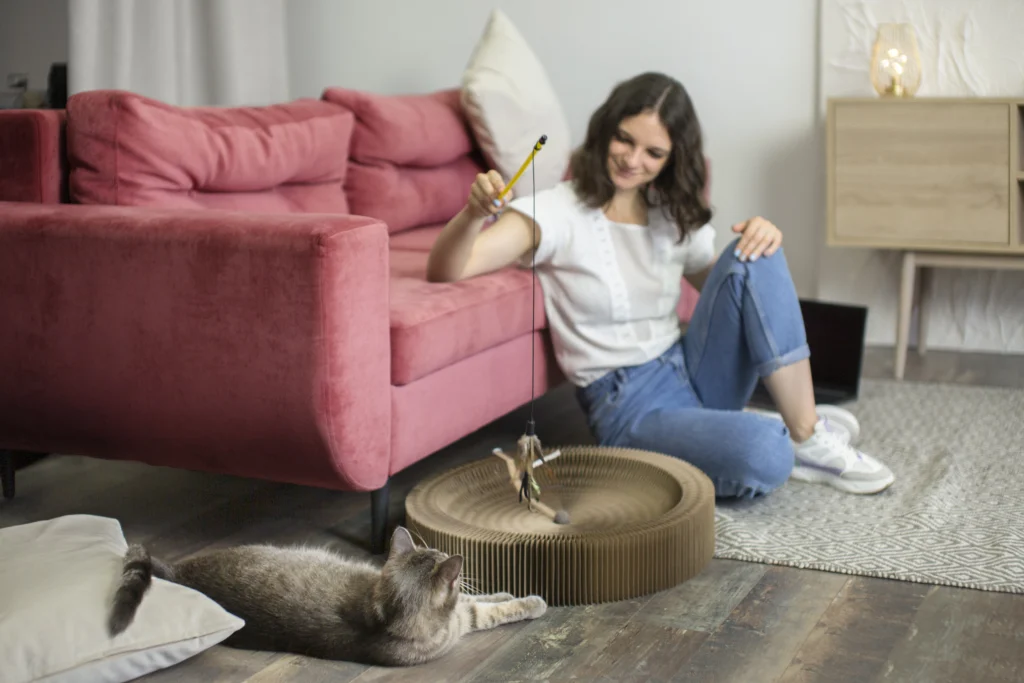
Natural Instincts
Cats teach themselves basic behaviors without commands like dogs do. One instinct is using a litter box for the bathroom. Cats just know to eliminate there rather than having messes elsewhere. This saves time spent on potty training that new puppies require.
Another trait is that cats don’t need to be taught tricks through obedience. Their natural behaviors make cats low-maintenance to care for compared to training-intensive dog breeds. Cat owners have an easier time overall.
Quiet Companions
Cats are known for being peaceful pets. They don’t yip, bark or howl like some dogs do. This lets cat owners relax without noise disruptions.
Their calm demeanor also helps others unwind from stressful days. Cats simply nap or purr contentedly, creating a soothing ambiance.
Homes with cats feel more tranquil free from attention-seeking sounds. If peace and quiet is desired from pets, then cats are the perfect choice.
Quiet cats give you the benefit of both playful cuddles from excited pets but without the loud barks.
Long Lifespan Potential
Did you know cats can live to be in their late teens or early twenties? With responsible owners who keep up with vet care, feed good food, and provide love, cats have the potential for great senior years. Their longevity means forming a long-term bond over many shared years.
Children especially get to enjoy their cat companions while growing up and beyond. The long lifespan assures more time for cuddles and play is ahead!
Perfect for Busy Schedules
Unlike dogs, which need many walks each day, cats can entertain themselves when owners work long hours. They aren’t stressed being alone like some dog breeds.
All cats ask for our clean water, meals, litter boxes, and nightly love when owners are home. This independence makes cats perfect for busy retirees, too. As long as basic needs are met, cats adapt well to professionals regularly scheduled away or those with hectic routines.
Embracing Your Inner Cat Person
There is a unique bond between people and cats. When you invite a cat into your home, you get to understand them better. Dog owners love their loyalty, but cat owners connect on a calmer level. Cats like quiet time and gentle affection. Their calm nature helps you relax after a long day.
Having a cat lets your softer side show. You learn to appreciate small moments, like when your cat cuddles in your lap. Their quiet company is comforting. Caring for a cat can help reduce stress and make you feel happier. You start to see why so many people love being “cat people.”
Beyond Common Myths
Some think cats don’t care about their owners. But this isn’t true for most indoor cats. Kittens who grow up with lots of love become very attached to their family. Cats like daily affection and playing together. They aren’t as aloof as some believe.
With time spent together, a cat’s sweet personality can come out of its shell. They enjoy head rubs and purring on your lap. Don’t judge cats before meeting them – give them a chance to be your friend! Good care helps cats bond closely too.
Scientific Help From Feline Friends
Studies show cats really do help people feel better. Cat cuddles lower the stress hormone cortisol in our bodies. Their calming purrs also relax sore muscles. Cats relieve loneliness or sadness for those living alone.
Spending time with cats has real health benefits too. Their soft purrs lull us to sleep by promoting relaxation. Cats may aid those with anxiety or depression. Spending just 30 minutes with kitties per day provides healing. Our furry friends are nature’s cure!
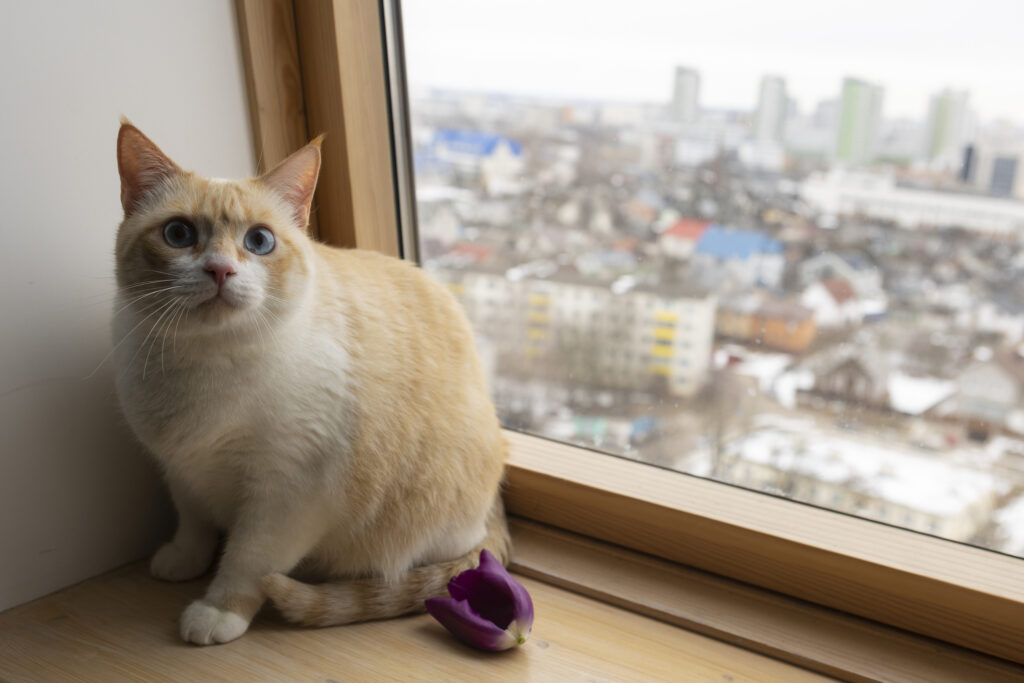
Perfect Pets For Small Living
House cats don’t need a big backyard like large dog breeds. As indoor pets, cats stay content in any home – whether apartments, condos, or houses. Their adaptable nature means space isn’t a limit to enjoying a pet.
Cats are happily confined to even tiny homes. They don’t mind small areas and like curling up indoors. This makes cats great for busy lifestyles anywhere. Apartment dwellers can still have a furry friend! Size shouldn’t stop anyone from loving a cat.
Less Mess, More Cuddles
Cats are known for their meticulous grooming habits. Unlike dogs, who might track in mud and dirt inside the house, cats spend a significant portion of their day keeping themselves clean. On average, cats will spend around 30-50% of their morning grooming. This includes licking their fur coat and paws clean.
Because of their natural instinct to groom, cats are generally less messy pets than dogs. You don’t have to worry as much about traipsing dirt, leaves, or other debris into the home. While litter boxes still require regular scooping, it’s a small chore compared to the benefits of such tidy feline friends.
Their grooming also means cats rarely need full baths like some dogs. A quick brushing, especially for long-haired breeds, usually keeps their coats in fine shape.
Independent Yet Affectionate
While cats enjoy spending time alone, they also form close bonds with their human companions. They don’t demand constant attention like some dogs. They happily entertain themselves when their owners are busy. However, cats do enjoy interacting with their favorite people.
Cats will often show affection in more subtle ways than dogs. A cat may gently bump its head against your leg, requesting some pats. Their loud purring is also a sign of contentment and happiness, which owners find very soothing.
Cats will gaze at those they care about with a slow blink, a natural gesture showing deep trust and care. With their human family, cats become very loyal companions once they form an attachment.
Also read: Why Are Cats’ Noses Wet? The Secret Behind Kitty’s Super Sniffer
Adopting a Feline Friend
Opening your home to a shelter cat is rewarding in many ways. Not only are you providing a loving home for an animal in need, but you’re also helping address the problem of pet homelessness.
Animal shelters work tirelessly to care for cats awaiting adoption. They have a variety of cats, including kittens, young cats, and fully grown cats.
Visiting your local shelter allows you to meet the friendly felines available for adoption. This helps ensure you find the perfect match for your lifestyle and household. Shelters want cats to go to forever homes where they will be cared for and loved.
If possible and able to sustain, it is still best to adopt mother cats with their babies.

In Conclusion
To reiterate the key points, cats have much to offer potential pet owners. Their independent nature is balanced with affection for their favorite people. As evidenced in this article, cats require little maintenance while, according to studies, providing great mental and physical benefits to humans.
If you’re thinking of getting a pet, adopting a cat from a shelter is a beautiful option. The years of devotion, soft purrs, and cuddles you’ll receive in return will definitely enrich your life. Opening your home to a shelter animal is a feel-good choice. I hope this article highlights why cats make such great companions.

